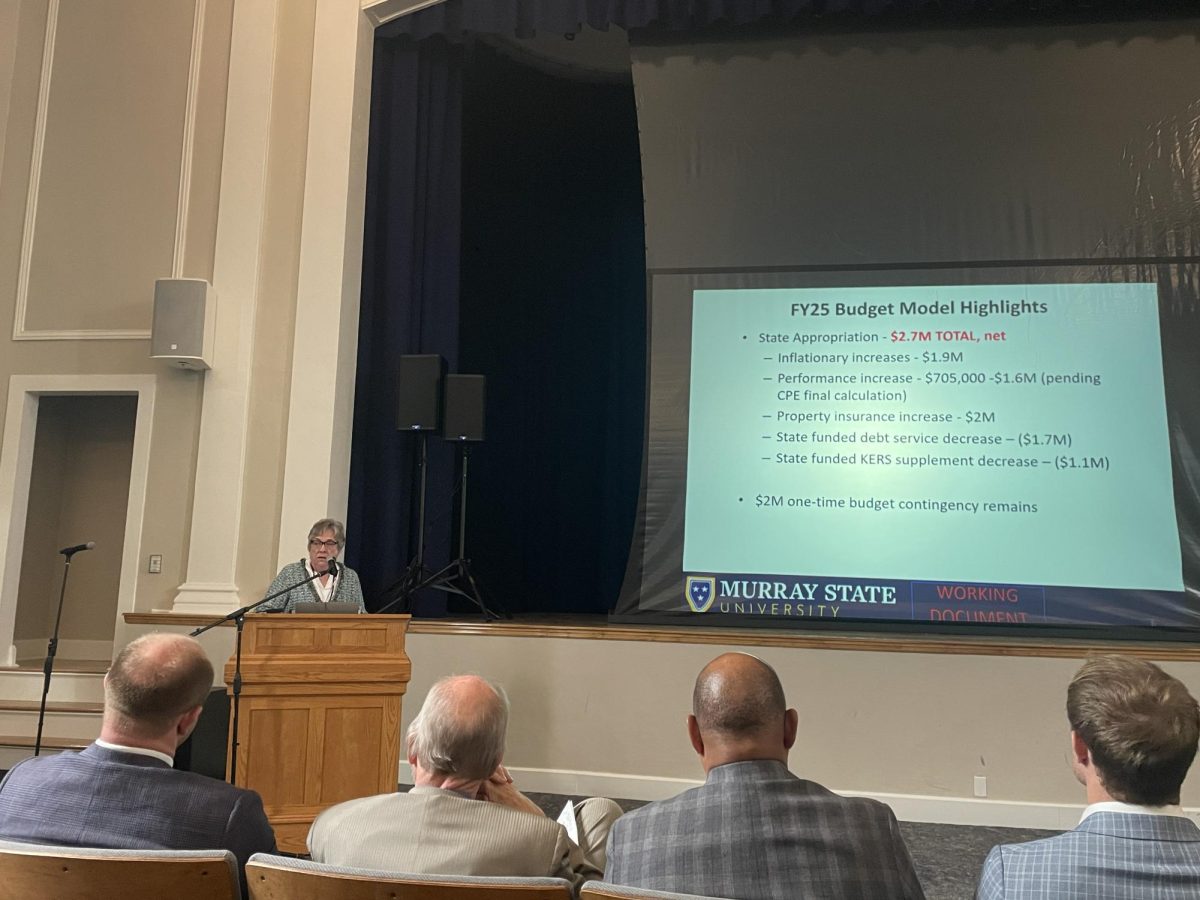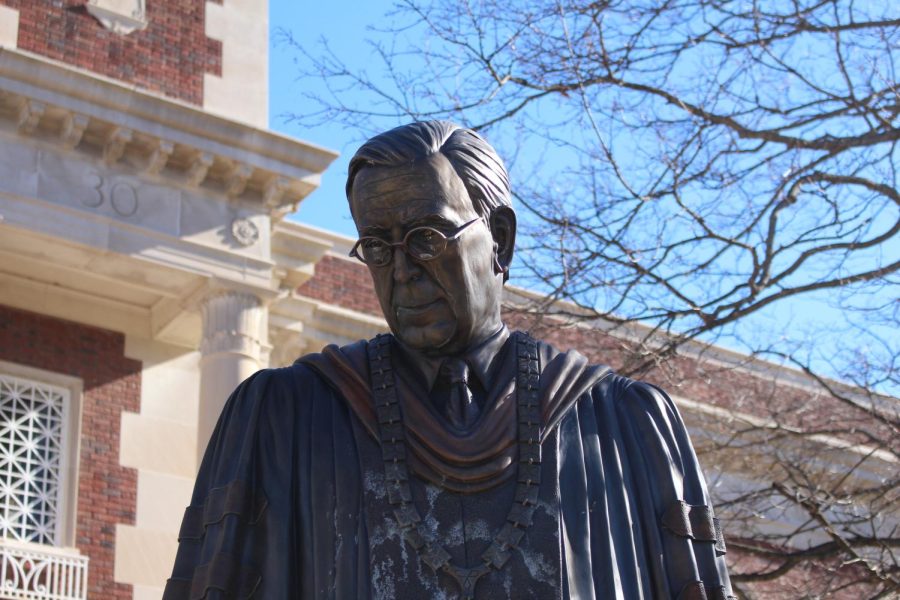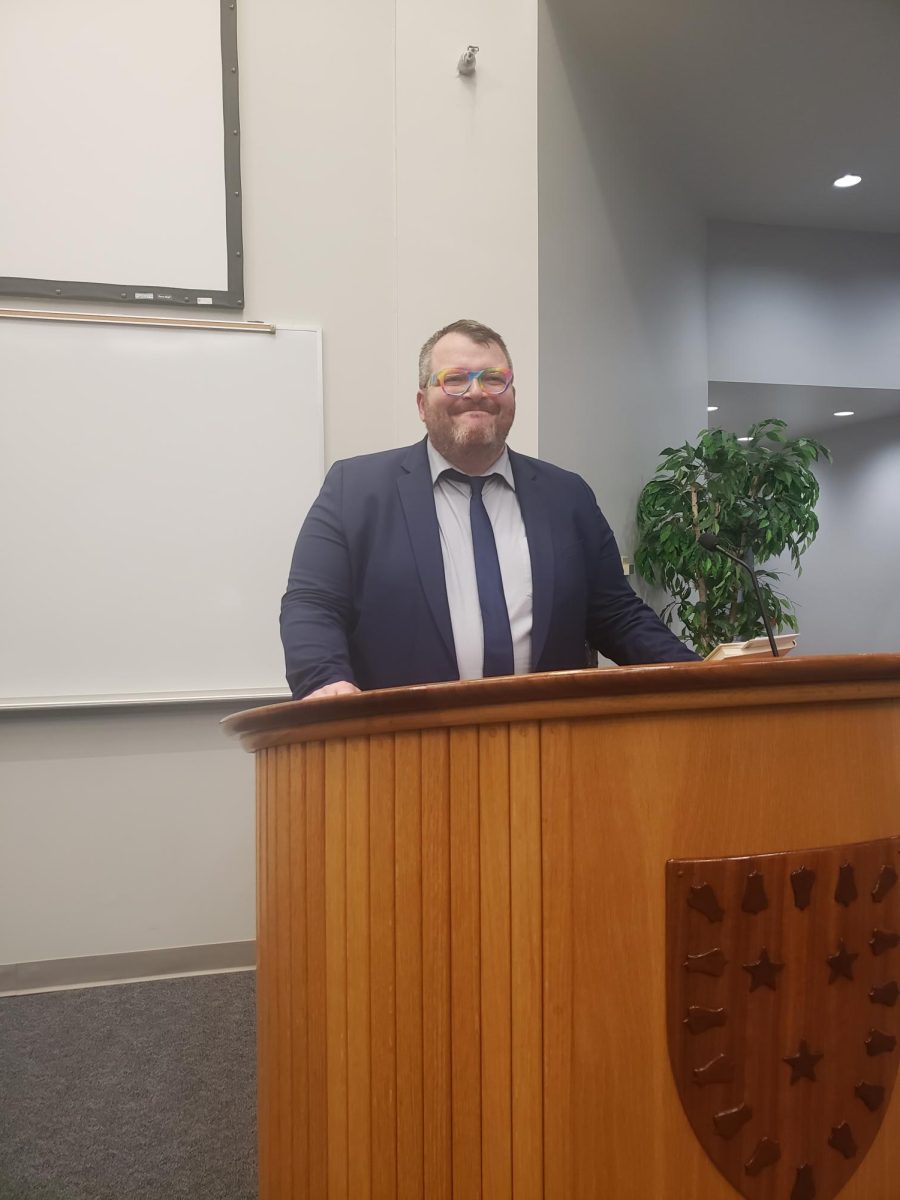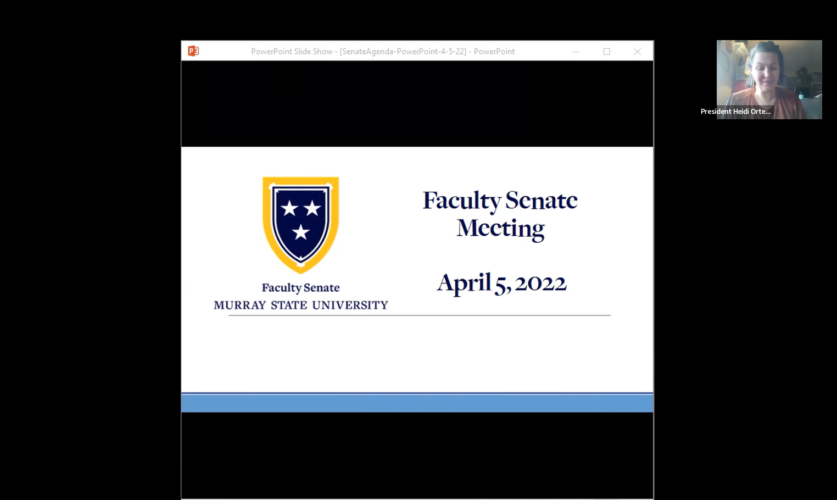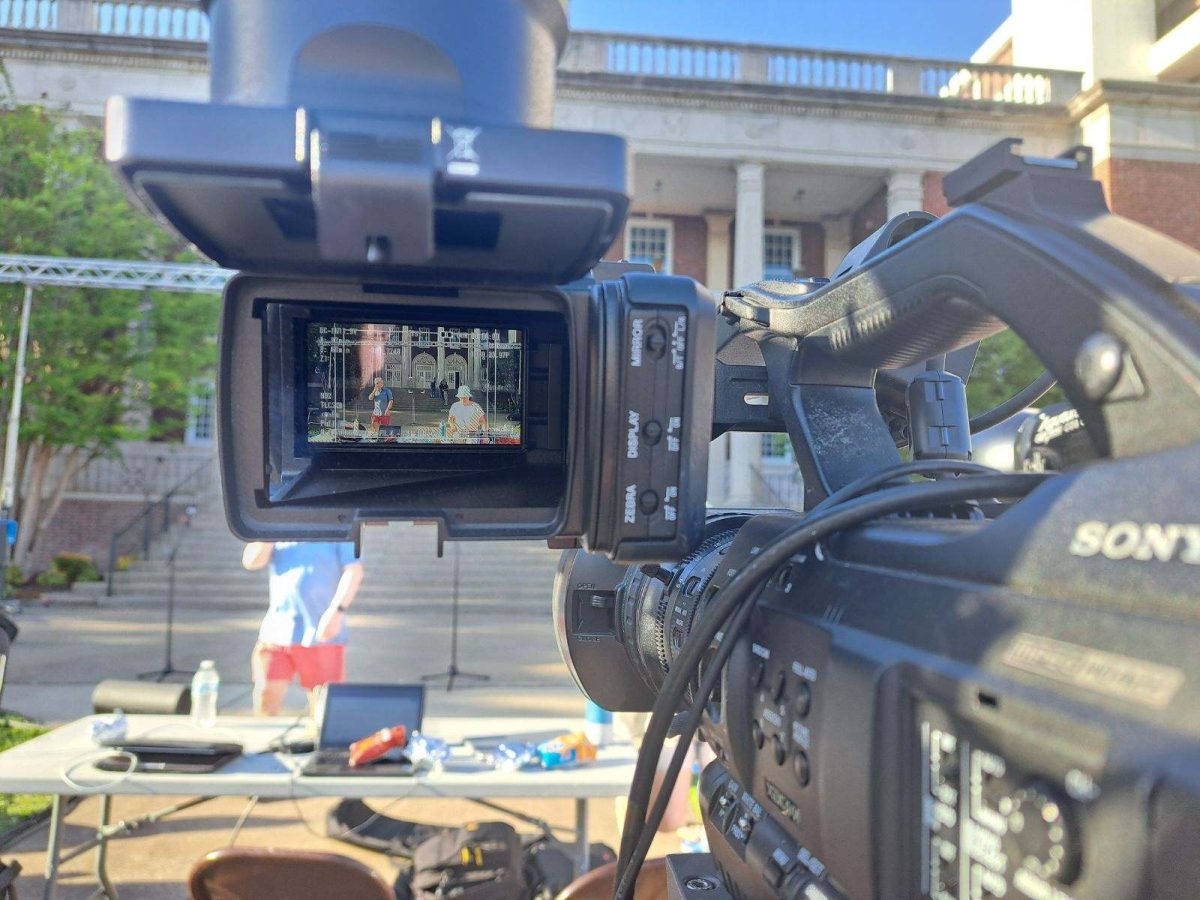Emery Wainscott
News Editor
[email protected]
President Bob Jackson discussed the state budget, including asset preservation and deferred maintenance funding, and its status on being passed at the April 5 Faculty Senate meeting.
The state budget has been passed by both the Kentucky House of Representatives and the Senate, leaving it up to Gov. Andy Beshear.
President Bob Jackson said the education budget is one of the best education budgets in Kentucky within the last 25 years, but it still has its issues.
“The problem is there’s a lot of one-time funding and not so much recurring funding,” Jackson said.
Jackson said this one-time funding is because of the pandemic, which affects the federal money the state received during this time.
Included in the budget is a new building intended for the School of Nursing and Health Professionals, which will replace Mason Hall.
Jackson said the University is spending a bulk of its deferred maintenance budget on the projects in Lovett Auditorium, the Curris Center and Wilson and Wells Halls.
The University will receive $47 million of asset preservation funds from the state over the next two years, split equally between both years.
Jackson also reminded the Senate about the “Bucks for Brains.” This item of about $10 million will be split up among the comprehensive universities, and Murray State will receive about $1 million.
“Bucks for Brains” requires the University to match it using private funds, combining to equal $2 million to use for scholarships and other pools. This is the first time the University has received funds for this since the funds started around 25 years ago.
For the performance-funding model, the state will allocate $97 million to universities and community colleges in Kentucky. Jackson said about $25 million will be carved out for the Kentucky Community and Technical College System. As a result, about $75 million will be allocated to universities using performance-based metrics like graduation rate, retention rate, etc.
Jackson said the University will most likely receive between $2.5 and 3 million. In year two of the budget, the state will allocate $97 million again. It will reallocate the performance-based funding every year.
“I’m grateful that we’re receiving money from the performance-funding model, don’t get me wrong, but it’s the very first year since this model’s been in existence that we’ve received any funding,” Jackson said.
In the fall, faculty can expect returning educational and information sessions about the model on how faculty can help impact these metrics to garner additional funding.
Later this month, Jackson said the budget advisory committee will meet on April 25 to talk in more detail.
“The goal is to have a good and fair Cost-of-Living Adjustment as much as we possibly can that can be afforded by the University,” Jackson said. “At the same time, [we’re] looking at benefits, especially health insurance, because it’s such a big item [on] the budget.”
Senator Todd Herzberg said he received an email saying departments will have to cover 25% of compensation for summer classes, which Jackson and Provost Tim Todd were not aware of.
“We want a robust, healthy summer school, and the last two or three years we’ve had record summer school enrollment, which again, is good for the budget of this University, but it’s also even better for our students as well, so we want to maintain that approach, especially as we develop more online courses and hybrid courses … as we move forward,” Jackson said.
The summer school compensation was written in the March 2022 summer school memorandum, which says the Provost’s office will fund 75% of the salaries and colleges and departments will fund 25%.
Todd said this is not meant to be a demotivator for hosting summer classes.
“Frankly, the summer helps balance the overall budget,” Todd said. “So if this is presenting a concern to some departments, then let me circle back with the deans and have more discussion on … what this means, but there’s no way that this is designed to be a demotivator.”
The Finance Committee of the Board of Regents meeting will meet in a special meeting at 8:30 a.m. on May 26. The committee will give an extensive presentation regarding the housing and dining P3 partnership project.
Senator Jan Super addressed faculty compensation issues and COLA in her presentation.
Super said when the Consumer Price Index exceeds what the pay increase for faculty is, this erodes purchasing power.
COLA is traditionally a percentage from 0-2.15%. The CPI has risen as well, and the COLA hasn’t kept up with inflation, with a gap of 8% on average.
COLA has been 0% in two of the last five years with no increases. This percentage is not tied to job performance.
In 2021-22, COLA was tiered at 1% + $500 extra.
Health premiums did not increase, and there were no pay cuts and layoffs during the pandemic.
Staff Congress is currently working on a resolution to make COLA more consistent.
The next Faculty Senate meeting will be in the fall semester.



